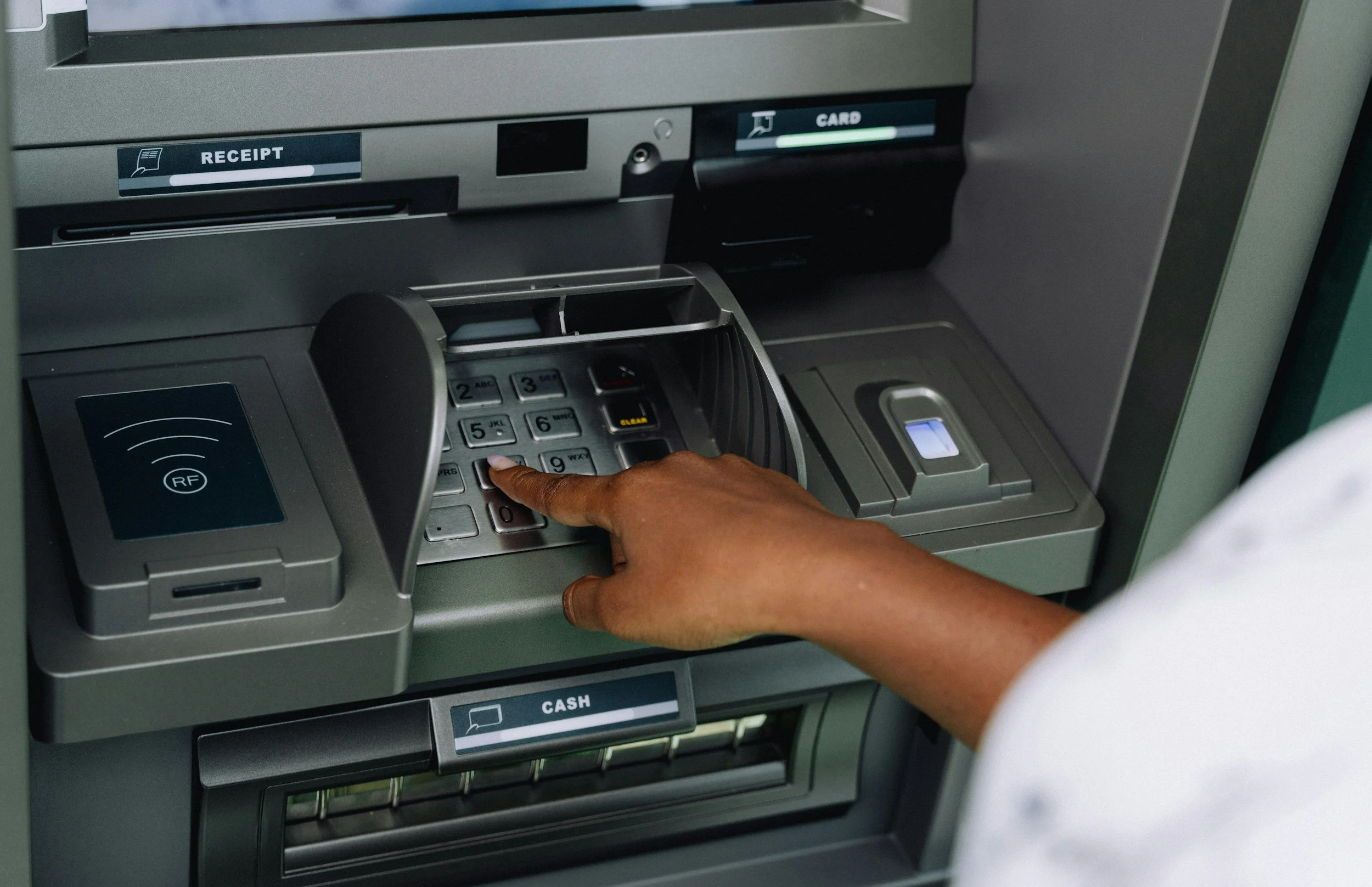Tips - Avoiding Tourist Scams
Traveling is one of life’s great joys, but it can also be fraught with potential pitfalls—especially when it comes to scams targeting tourists. Whether you're backpacking through Southeast Asia, enjoying a European city break, or on a beach holiday in the Caribbean, scammers are always on the lookout for unsuspecting travelers. Thankfully, being aware of common scams and knowing how to avoid them can make your trip safer and far more enjoyable. Here’s a look at some of the most prevalent tourist scams, along with tips on how to steer clear of them.
1. The Taxi Scam
The taxi scam is a classic in many cities around the world. In this scam, taxi drivers intentionally take longer routes or fiddle with the meter to charge tourists more. In some cases, they may claim their meter is "broken" and suggest an inflated flat rate. This is particularly common at airports or popular tourist hubs.
How to avoid it:
- Always ask the driver to turn on the meter.
- Use official taxi stands or rideshare apps like Uber or Lyft, where available.
- Research the average fare from the airport or train station to your destination so you can compare.
- If possible, agree on a price before you get in.
2. The Friendship Bracelet Scam
This scam often occurs in tourist-heavy areas, especially in European cities like Paris and Rome. Someone approaches you offering a “free” friendship bracelet or other small trinket. Once it’s tied around your wrist, they demand money. If you refuse, they may become aggressive or insist that you already accepted the gift and must pay.
How to avoid it:
- Politely but firmly decline anyone offering unsolicited items.
- Keep your hands in your pockets or at your sides to avoid engaging.
- Walk away confidently and avoid making eye contact with persistent sellers.
3. Fake Police Officers
In this scam, someone posing as a police officer asks to see your passport or wallet to check for counterfeit money. After inspecting your items, they might return them with less cash or not return them at all. This scam is common in parts of South America and Eastern Europe.
How to avoid it:
- Real police officers rarely demand to see your wallet or money on the street.
- If approached, ask to see their badge and insist on going to the nearest police station to resolve the issue.
- Don’t hand over your valuables unless you’re in a police station or can confirm their identity.
4. The Distraction Scam
This scam typically involves one person distracting you, while another pickpockets your belongings. A common tactic is for someone to spill something on you, like coffee or ketchup, and offer to help clean it up. Meanwhile, an accomplice makes off with your wallet or phone. This is often seen in crowded places, such as markets, festivals, or public transportation.
How to avoid it:
- Be extra cautious in crowded areas and keep your belongings secure.
- Wear a money belt or keep your valuables in a front pocket that’s hard to access.
- If something is spilled on you, keep your guard up, and don’t allow anyone to help clean it off.
5. The Overpriced Restaurant Scam
Tourists are often targeted by restaurants that overcharge or add hidden fees to the bill. In some cases, menus without prices are presented, and the final cost is exorbitant. This scam is common in touristy areas where eateries hope to take advantage of visitors unfamiliar with local prices.
How to avoid it:
- Check online reviews before choosing a restaurant.
- Always ask for a menu with prices and verify what’s included in the bill before ordering.
- Avoid restaurants where staff try to lure you in from the street; these are often tourist traps.
- If you’re handed a bill with unexpected charges, challenge it calmly and firmly.
6. The Closed Attraction Scam
In this scam, a helpful stranger informs you that a major attraction (like a museum or temple) is closed for the day. They then suggest an alternate site, often leading you to an overpriced shop or fake tour company where they receive a commission.
How to avoid it:
- Verify the opening hours of major attractions before heading out.
- Politely thank the person for the information but continue on to check for yourself.
- Be wary of anyone who seems too eager to suggest an alternate plan.
7. ATM Skimming
Skimming devices are placed on ATMs to steal card information when tourists withdraw cash. These devices can be difficult to spot, and by the time you realize you’ve been scammed, your account may be drained.
How to avoid it:
- Use ATMs inside banks or other secure, well-lit locations, rather than standalone machines on the street.
- Inspect the card slot for anything suspicious or loose before inserting your card.
- Cover the keypad when entering your PIN and monitor your bank account regularly for unauthorized transactions.
Conclusion
Tourist scams may be common, but they’re also avoidable if you stay alert and informed. Always trust your instincts—if something feels off, it probably is. By taking a few simple precautions, you can enjoy your travels without falling prey to scammers. Keep your valuables safe, do your research, and don’t let your guard down just because you’re on vacation. Remember, staying savvy is the best way to make sure your trip is memorable for all the right reasons!
